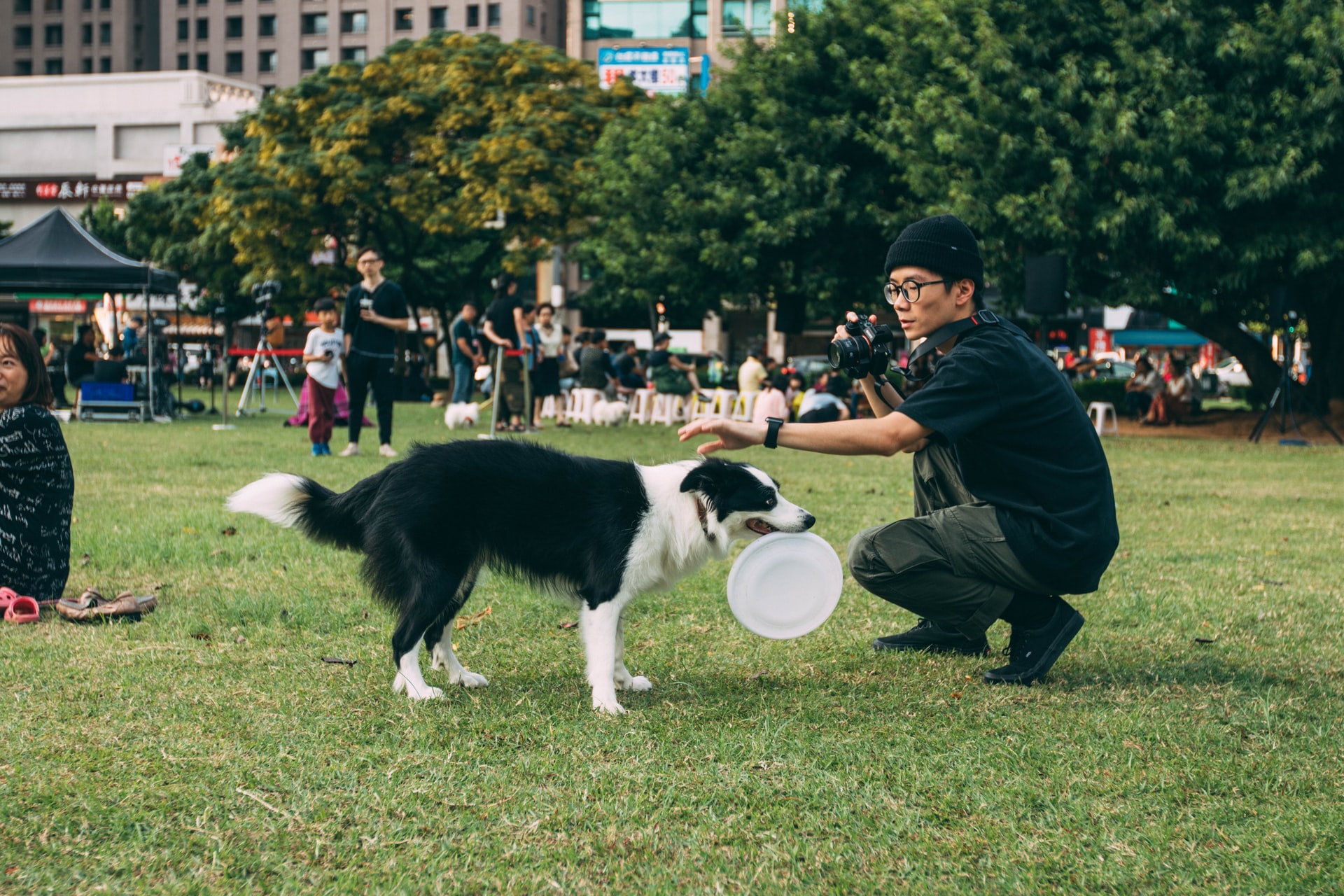Blog
Choosing the right dog trainer without going wrong

Dogs, just like humans, have their quirks and personalities and are loved for the same. Every pet parent wishes to balance respecting their dog’s personality and helping them become adjusted and well-behaved pets. When looking for the perfect trainer for pets, the following tips will make it easy to select the most dedicated professional passionate about teaching and learning about animal behavior.
- Training philosophy
One must remember to inquire about the training philosophy of the instructor. Almost all mentors use different methods to reach the same goal. Some people prefer to learn by watching lectures rather than reading books; similarly, with dogs, some techniques that are easily approachable by one dog might not work with another dog or vice versa. Therefore it is essential to learn which methods the potential trainer adopts and if those methods are comfortable for the parent and their pets.
- Training certification
Animal learning finds its roots in psychology, specifically called operant conditioning. Dog trainers learn this early in their careers and also in training certification centers. Some good centers also certify coaches independently. These trainers must complete education and get recertified once in three years. New studies, certificate programs, and conferences are going on constantly; the key lies in continuing education. A good pet trainer remains up to date with what got introduced in the field.
- Observing classes
Most trainers allow prospective clients to observe a class without additional fees. It lets dog parents get a better idea about their training style before enrolling.
- References or reviews
Looking at reviews or feedback, whether online or in the real world, helps paint a coherent picture of the instructor’s style. Referring to testimonials of earlier clients gives a better idea to dog parents whether a particular mentor is suitable for their dog or not.
Typically a dog obedience trainer may be of two types- positive and classic trainers. Positive trainers adopt reinforcement with toys and treats or non-aversive ways of correction like withholding their attention when the dog jumps high up. Among the fundamental principles followed by positive trainers include positive reinforcement and science-based clicker training.
Classic trainers use aversive methods, including shock collars, prong collars, and alpha rolling. The keywords followed by classic trainers include obedience, alpha, commands, leash corrections, master, and dominant.
When looking for a dog trainer, the wisest thing to do is research at least three to five trainers in the area before settling with one. Attending a class as an observer helps you get familiar with the particular trainer’s training style. Basic dog training classes cover social behavior and basic training to control undesirable activities such as tugging on the leash or jumping.
In case the chosen trainer is incompatible with either the parent or the pup, there is no harm in switching trainers—the question of who trains the dog and how is entirely the sole decision of the pet parent. Hence, engage in proper research before getting your furry friend a trainer.

